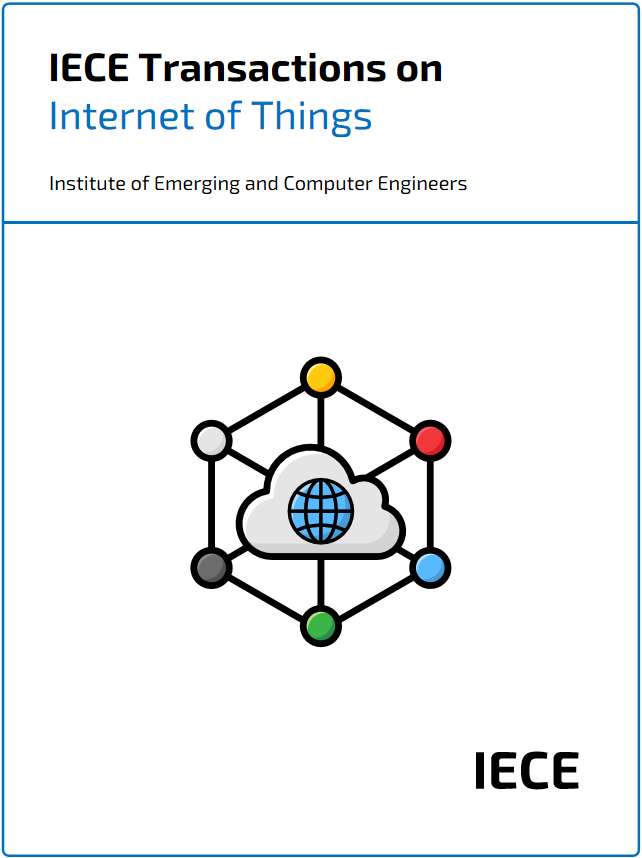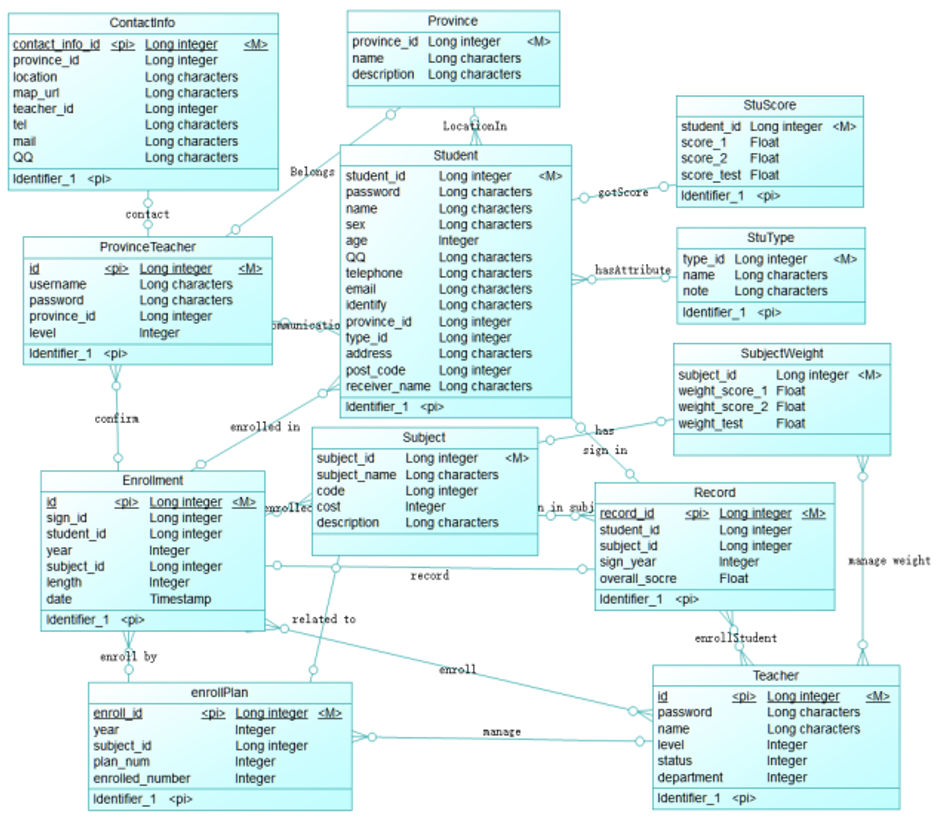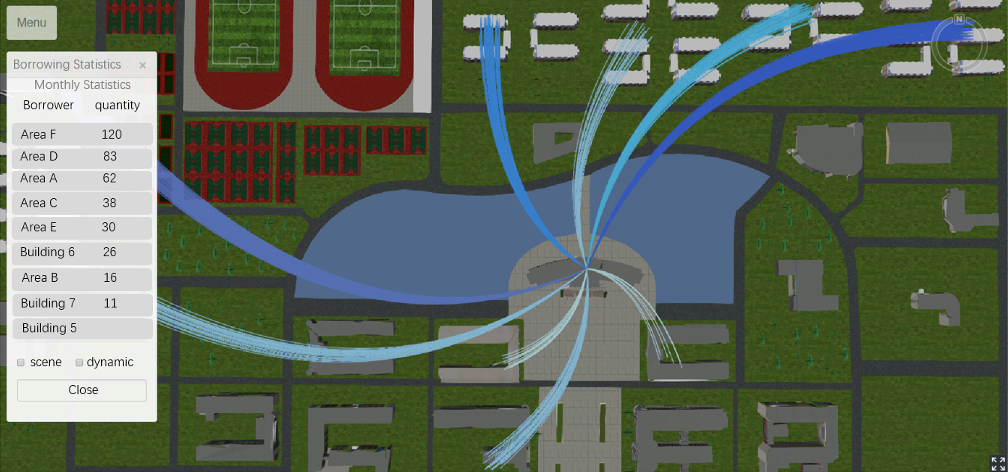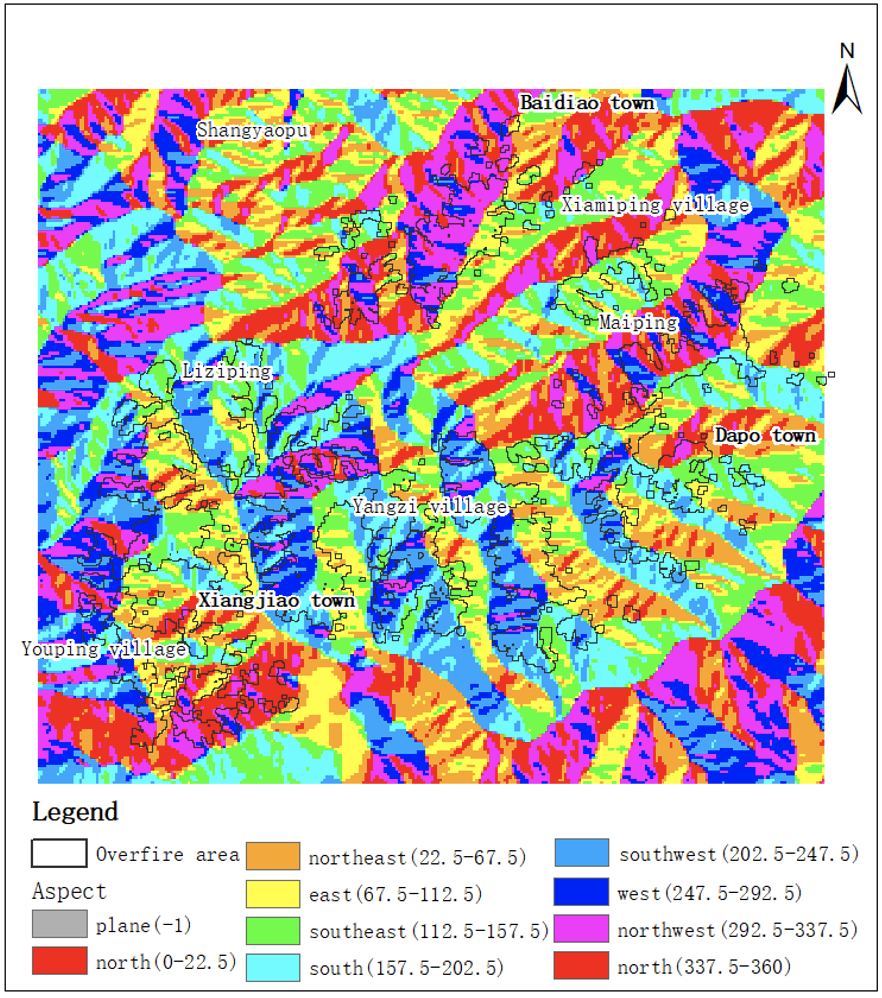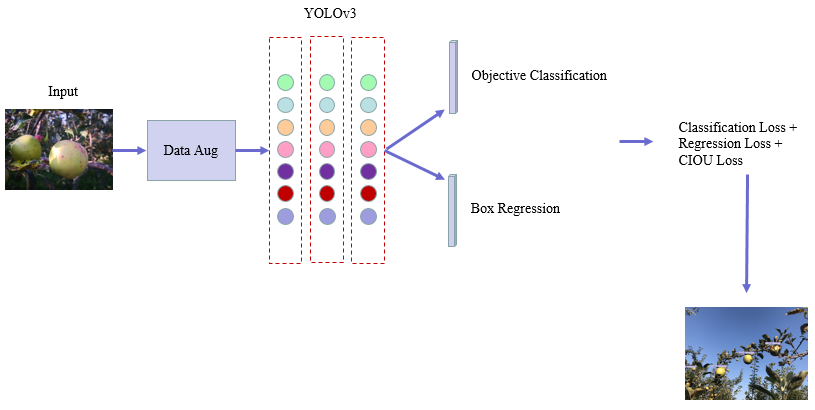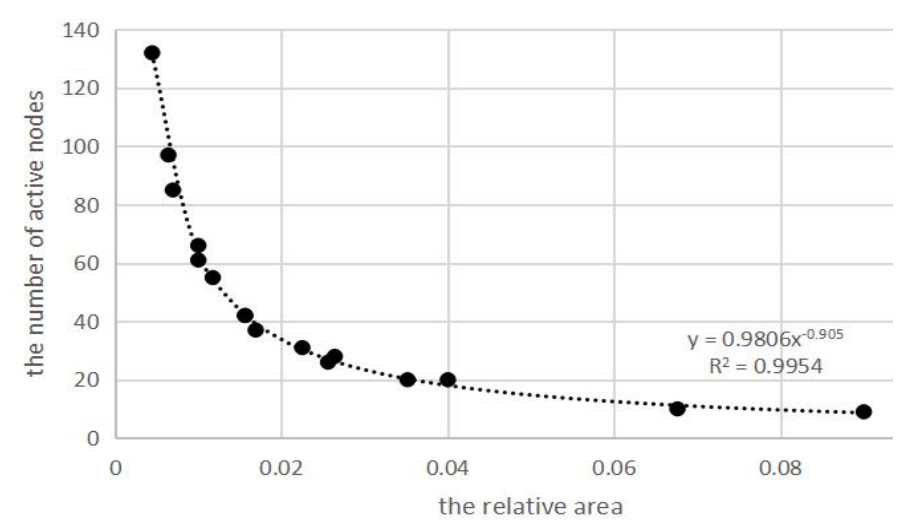IECE Transactions on Internet of Things | Volume 1, Issue 1: 30-35, 2023 | DOI:10.00000/TIOT.2023.100005
Abstract
This system, combining with recruitment service characteristics of private college, adopts B/S pattern design for private colleges enrollment management system. The system includes PC terminal and mobile terminal access, realizing the display of SVG-based map, fully considering the convenience and friendly interactive interface of the system mobile terminal access, providing online consultation, registration, enrollment, payment, data statistical analysis and other functions, improving the efficiency and accuracy of enrollment data processing, so as to realize the information management of school enrollment. After the test, it meets the needs of enrollment management. More >


